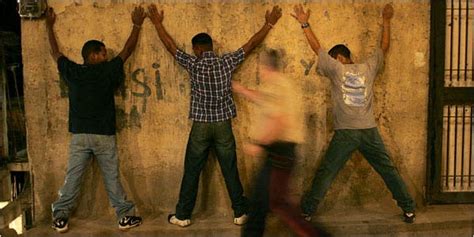
Retrieved
The reported decline in Venezuela’s crime rate may not signify a genuine improvement in security but rather a shift in the country’s criminal landscape. In May, Venezuelan officials announced a 25.1% drop in crime compared to 2023, attributing it to large-scale operations by security forces. President Nicolás Maduro claimed the country achieved the best results in citizen security in over 20 years. This data is supported by the Venezuelan Violence Observatory, which also noted fewer violent deaths. However, underlying factors such as mass criminal migration may be more significant. Venezuela’s economic crisis has affected both citizens and criminal groups, reducing opportunities for extortion and ransom due to diminished economic activity. Prominent gangs like the Tren de Aragua and others have moved operations abroad, increasing crime and violence in countries like Chile, Colombia, and Peru by exploiting migrant vulnerabilities and poor regional coordination. Therefore, the decline in domestic crime may reflect these broader dynamics rather than effective state intervention. The territorial and criminal dominance of non-state armed groups has led to a deceptive sense of security in certain regions. The OVV report indicates that agreements between the government and some criminal groups, as well as the control of violence in certain areas, contribute to these improved security perceptions. For example, the National Liberation Army (ELN), a Colombian guerrilla group active in Venezuela, monopolized extortion in the Apure state due to favorable treatment from the Maduro administration. By assisting the Venezuelan army in expelling a rival faction, the ELN reduced competition in extortion and social control, leading some locals to feel safer under their rule. However, despite these appearances, residents still endure strict social regulations, illegal taxes, and limited mobility, with severe punishments for non-compliance. Although the Venezuelan government claims a reduction in crime, the lack of official reports and inconsistencies in data make verification difficult. Since 2015, the government has ceased publishing national and regional security data, transferring the responsibility to media and NGOs. These organizations, if not aligned with the government, face risks such as persecution. As elections approach, security remains a crucial tool for the Maduro government to bolster its waning popularity. Original Text by Venezuela Investigation Unit, publishe in-> Insightcrime

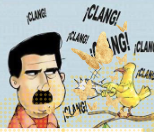
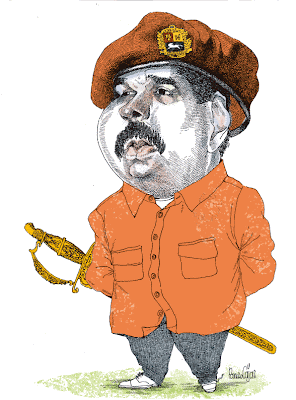
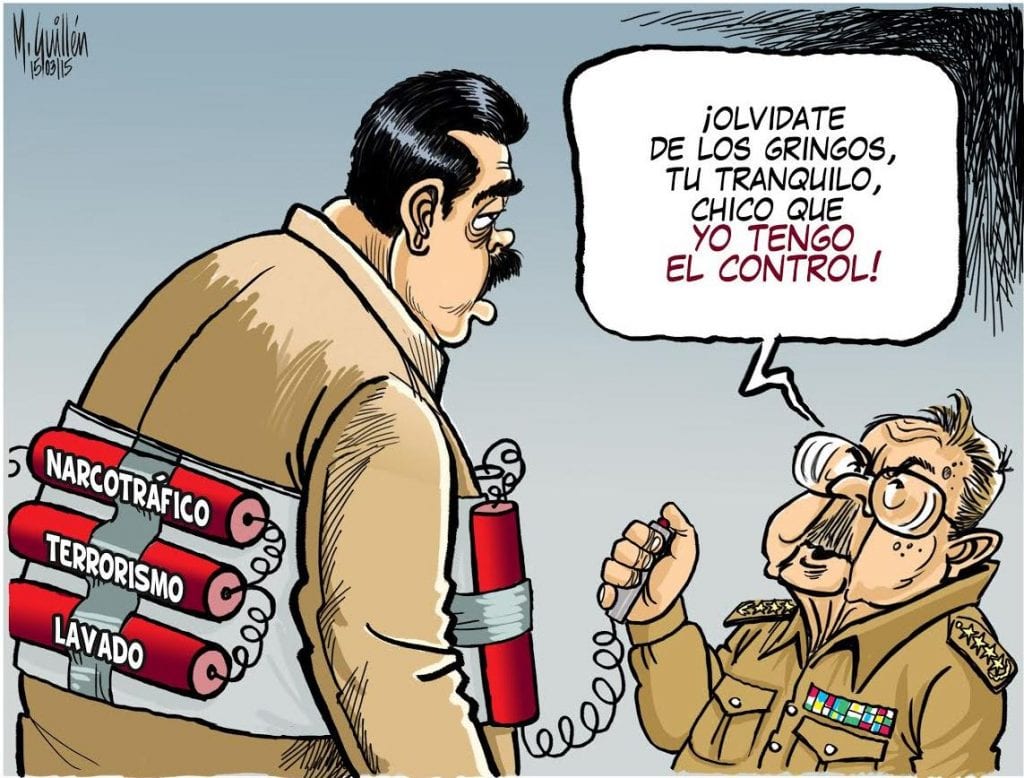
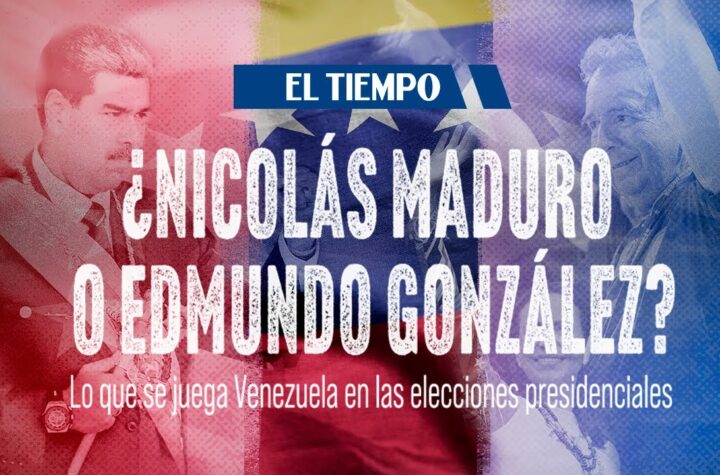
More Stories
De Colombia a Chile: el hilo del Tren de Aragua comienza a desenredarse
Venezuela Set to Join Global Watchdog’s Dirty Money ‘Gray List’
Biden’s New Order to Halt Asylum at the US Border